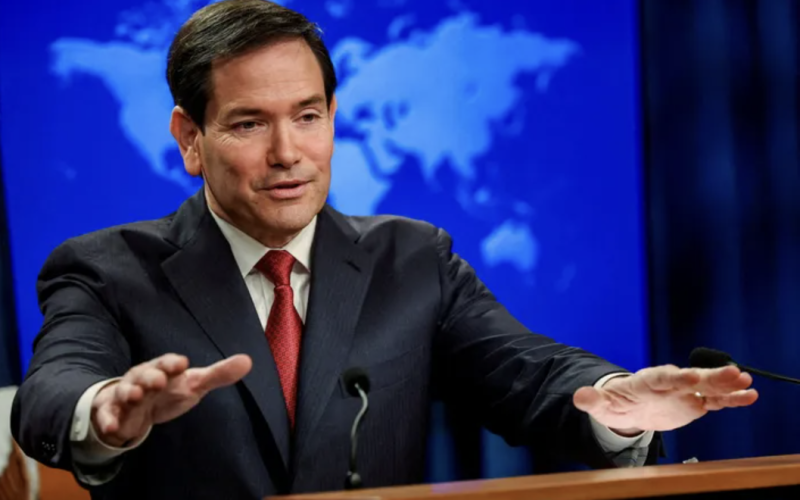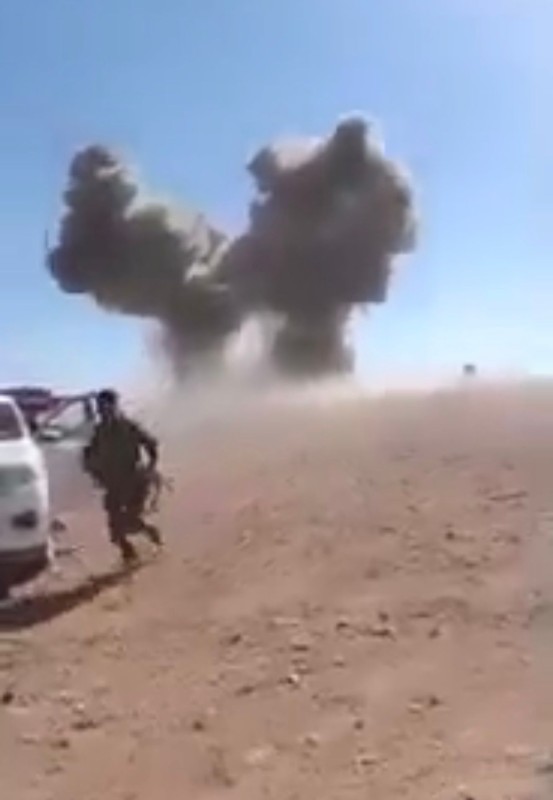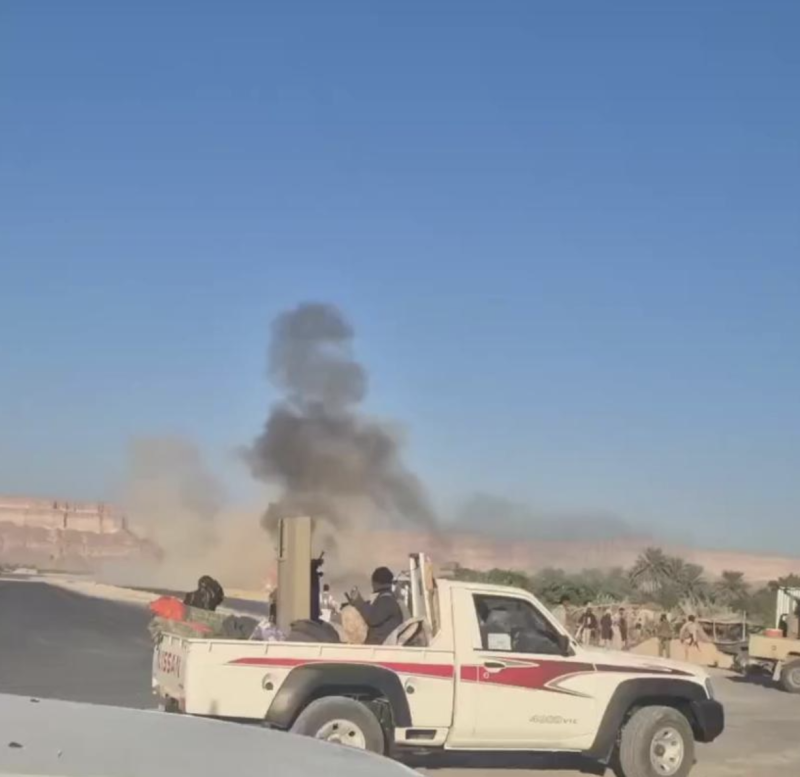Houthi militia targets oil facilities in Saudi Arabia


The armed conflict between the Saudi-led coalition and the Houthi armed group has also resulted in a humanitarian catastrophe in Yemen
Yemen has been mired in a conflict which started when the northern Yemeni-based Houthi movement took control over capital Sanaa. In March 2015, Saudi Arabia, the United Arab Emirates (UAE) and other Arab states formed a coalition to battle the rebels and curb Iran’s influence in what turned into a regional proxy war primarily between Saudi Arabia and Iran.
The Saudi-led coalition intervened to restore the government of President Abd-Rabbu Mansour Hadi. The armed conflict between the Saudi-led coalition and the Houthi armed group has also resulted in a humanitarian catastrophe in Yemen. Airstrikes by the Saudi-led coalition and Houthis’ ground fighting has displaced more than 3 million people and left millions of others unable to meet basic needs, pushing them to near-famine conditions.
The conflict between the Houthis and Saudis have re-escalated since July 2020 when the Saudi-led coalition has started a military operation against Yemen’s Houthi movement after Houthis stepped up cross-border missile and drone attacks on Saudi Arabia. In the last week of June, Houthis fired missiles that reached the Saudi capital, Riyadh. In the fresh rounds of escalation, the Houthis are now targeting the oil facilities in Saudi Arabia with missiles. On November 23, Yemen’s Houthi rebels said they struck a Saudi oil facility in the port city of Jiddah with a new cruise missile. The attack came just after the G-20 meeting, hosted by the Kingdom of Saudi Arabia, was over and a week after, the outgoing US Secretary of State Mike Pompeo came to the Kingdom to see Crown Prince Mohammed bin Salman. Brigadier Gen. Yehia Sarie, a Houthi military spokesman, claimed responsibility for the attack and tweeted that the rebels fired a new Quds-2 cruise missile at the facility. He posted a satellite image online that matched Aramco’s North Jiddah Bulk Plant, where oil products are stored in tanks. “The strike was very accurate, and ambulances and fire engines rushed to the target,” Sarea said.
Col. Turki al-Maliki, a spokesman for the Saudi-led coalition fighting the Iran-backed Houthis in Yemen, blamed the rebels for what he called a cowardly attack which not only targets the Kingdom, but also targets the nerve centre of the world’s energy supply and the security of the global economy. “The Kingdom condemns this cowardly attack and reaffirmed that such acts of terrorism and sabotage, committed against vital installations – including the recent incident, in Jizan, near the floating offloading platform of the petroleum products distribution terminal, and the previous terrorist attack on oil installations, in Abqaiq and Khurais – are aimed at the security and stability of energy supplies to the world, as well as the global economy,” Saudi Arabia said.
The attack was also confirmed by a statement carried by the state-run Saudi Press Agency, which quoted an unnamed Minister stating that a projectile struck a fuel tank at the Jiddah distribution station and ignited a fire around 3:50 am on November 23.
The Organization of the Petroleum Exporting Countries (OPEC) also condemned the attack. “Acts of sabotage such as this are detrimental to energy supply security for both producers and consumers and can lead to much uncertainty and volatility. We were extremely pleased to hear that firefighters were able to extinguish the fire quickly and there were no reports of injuries or casualties. The swift response and the fact that Saudi Aramco’s supply of fuel to its customers was not affected, meant it had no meaningful impact on the market,” said OPEC Secretary General, Mohammad Sanusi Barkindo.
The use of Quds-2 cruise missile by the Houthis on the recent attack in Jeddah has also strengthened the apprehensions that Iran is supplying arms and ammunition to the Houthi rebels in Yemen.
On January 27, a United Nations Panel of Experts on Yemen released a report that stated that the Quds-1 missiles in all probability may have been transferred by Iran to the Houthi forces in violation of the targeted arms embargo.
The UN Panel of Experts Report stated that the Quds missile has been used in at least four different attacks on civilian targets in Saudi Arabia: two strikes on Abha International Airport on June 12 and August 28, 2019, the attack on the water-desalination plant in Shuqayq on June 19, 2019 and the attacks on the Saudi Aramco facilities on September 14, 2019.

Washington -- The United States has welcomed the support provided by Saudi and Emirati leadership for Yemen’s sovereignty and the security of…

Hadramout –Several areas of Hadramout governorate have witnessed rapidly escalating security developments since yesterday, amid clashes and a…

Aden -- Saudi warplanes on Friday carried out airstrikes on military sites affiliated with the Southern Transitional Council (STC) in Yemen's south…